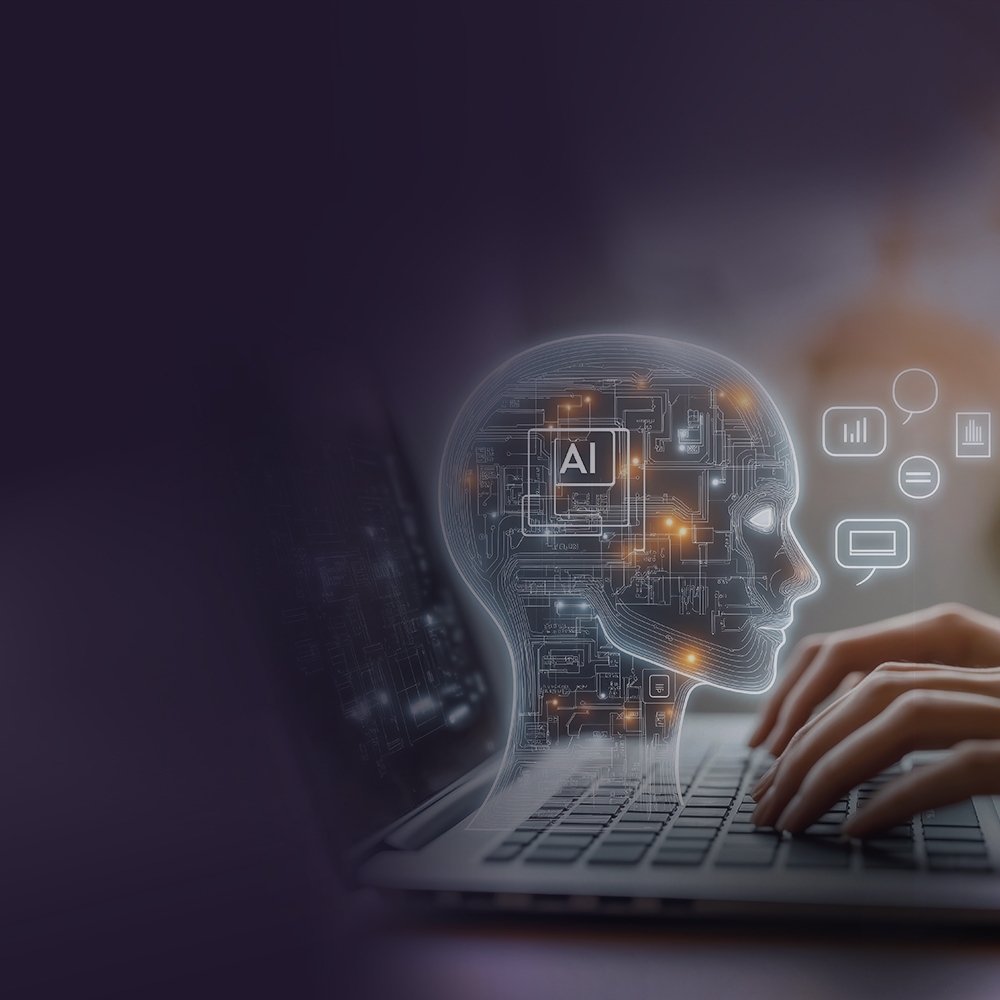05.12.2023
Over the past decade, the Fintech world has experienced an unprecedented surge in innovation. From payment apps to blockchain-based solutions, Fintech inventions transform how people manage, invest, and transact their assets.
Thank you
Patents have fuelled the growth of Fintech. Patents play a vital role not only in protecting key intellectual property (IP) but also in encouraging innovation. Inventors have the confidence to invest in research and development (R&D) knowing that their ideas are safe and, most of all, legally protected. Investors also have confidence that their investment in patented technology will be protected.
In this article, we'll spotlight the wide range of innovation and IP across the Fintech world.
The Amazon One-Click (protected by e.g., US8341036B2) is a groundbreaking invention that revolutionised online shopping. This technology enables customers to carry out online purchases with one ‘click’ without entering billing and delivery information for each transaction. It streamlined online shopping, making it more convenient and efficient for customers. Apple licenced this technology in 2000 for use in its own Apple Store and paid $1 million for the licence.
Since then, Amazon has implemented One-Click across its platform, setting the standard for a more efficient e-commerce experience. Nowadays, One-Click remains a feature in online shopping, demonstrating the enduring impact of this patented technology on the way we shop online.
Quantum computing, which uses principles of quantum physics to solve complex problems faster than today’s supercomputers, holds both opportunities and risks. With quantum computing on the rise, modern technologies are vulnerable to hackers using quantum technologies. Deloitte estimated that over 4 million BTC (about 25% of all Bitcoins) are vulnerable to a quantum attack.
Due to this quantum hacking risk in a post-quantum world, many companies need to improve the security measures of their Fintech by making them ‘quantum-proof’. Quantum-proof Fintech is like having an extra secure lock on your digital money.
Mastercard is one such company that has long explored the potential impact of quantum computing, and in January 2021, the company announced that it had introduced quantum-resistant Enhanced Contactless specifications.
As of early 2021, Mastercard had obtained numerous patents for quantum-proof blockchain inventions to protect blockchain from security vulnerabilities that quantum attackers can exploit (e.g., EP 3485602B2; or US 11373179 B2) The company continues to invest in protection for their IP in this technological field, with many pending patent applications around the world directed towards blockchain technologies.
The explosive growth of the Internet led to new types of payment system and payment providers, particularly based around the use of digital wallets. A key company in this field is PayPal, which continues to update and protect its payment technology IP. The company has 5324 patents globally with 2736 granted. Of these 5324 patents, more than 63% patents are active. PayPal has filed the highest number of patents in the US, followed by Europe and Australia. US6327578B1 is the most popular patent in the PayPal portfolio. To date, it has received 1348 citations from companies like IBM and Microsoft,. When patents receive citations, it implies that the technology is being watched and incrementally innovated by the citing companies. It also indicates that citing companies are working on similar and closely related technology.
With the rise in new forms of payment and the ease of making transactions electronically, security has become ever more important to protect both consumers and financial institutions. Biometric security - in which user biometric data is used for authentication of the user - has become ever more important, and has developed from reading of fingerprints into many other technologies. For example, Alipay, one of the world's largest mobile payment platforms, sought protection in 2019 for IP in relation to a facial recognition payment system. This utility model CN219179964U filed by Alipay (Hangzhou) Information Technology Co. earlier this year in March describes the use of palm recognition in digital payments to verify a user's identity for secure and convenient transactions. It confirms that Chinese tech firms are keen to explore the usage of biometrics in cashless transactions.
In China's patent law, an applicant apply for a shorter term ‘utility model’ patent that is valid for 10 years. Such utility models can be swiftly granted and published as they do not undergo substantive examination.
A summary of the patent manual on Tianyancha, reveals how the above technology works. When users submit a payment verification request, a camera on the user terminal captures their palm image and cross-checks it with their biometrics record.
Benefits include enhanced security and convenience. Apple has also had palm-print recognition patents before, but it does not have related consumer-facing products, as far as we are aware.
The metaverse is a virtual reality space where people can interact and engage with digital environments. NFTs are unique digital assets that use blockchain technology to verify ownership and authenticity. They are cryptographic keys that cannot be deleted, copied, or destroyed. Every NFT contains a digital signature, which makes each one unique.
In the context of the metaverse, NFTs can represent ownership of virtual items or experiences, enabling users to buy, sell, and trade unique digital goods within this digital realm.
The increasing prevalence of NFTs in everyday life has also encouraged all kinds of other companies to develop and protect in the FinTech space. US patent number US 11736284 B2 by Nike Inc. is directed towards the creation and distribution of cryptographically secured digital footwear and apparel in order to address the issues arising from the sale of counterfeit footwear.
While these are five Fintech patents, many inventions have transformed the industry. Fintech inventions continue to reshape the financial landscape, making it more accessible, secure, and convenient for consumers and businesses. As the industry develops, we can expect to see more patents that push the boundaries of what Fintech can achieve. These innovations will not only change the way we handle money but also open doors to new possibilities in Fintech.

12.02.2025
Setting your IP strategy – Part I: Prioritisation of IP in AIAs a commercial tool, IP rights can increase profits, attract investment, and raise a company's valuation. However, if not approached strategically, the sometimes relatively high costs involved in securing and maintaining some IP rights may render them not worth the investment. More specifically, in the field of Artificial Intelligence (AI), additional requirements associated with some IP rights may impact an IP strategy. The following article outlines a number of key considerations and tips for maximising the financial benefits of IP in AI.

13.03.2025
Generative AI and the Race for Patent Protection: Insights from WIPO’s Patent Landscape ReportThe rise of generative AI has sparked a surge in patent filings in this field. In her latest article, Amelia Ross explores key insights from WIPO’s Patent Landscape Report on generative AI, including which companies and countries are driving this explosion of innovation.
Thank you